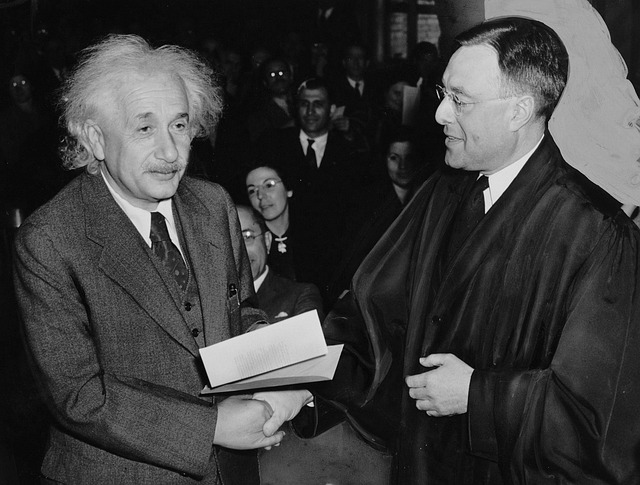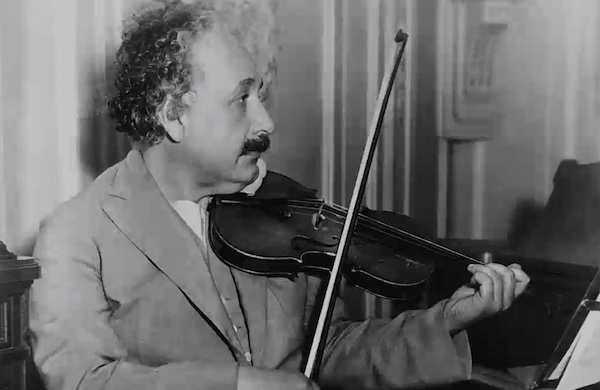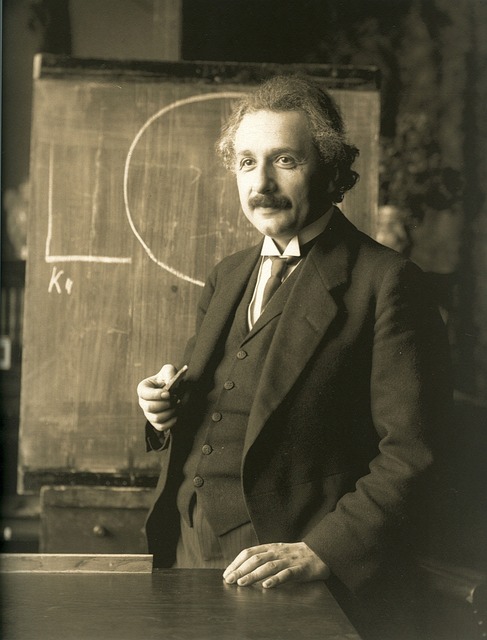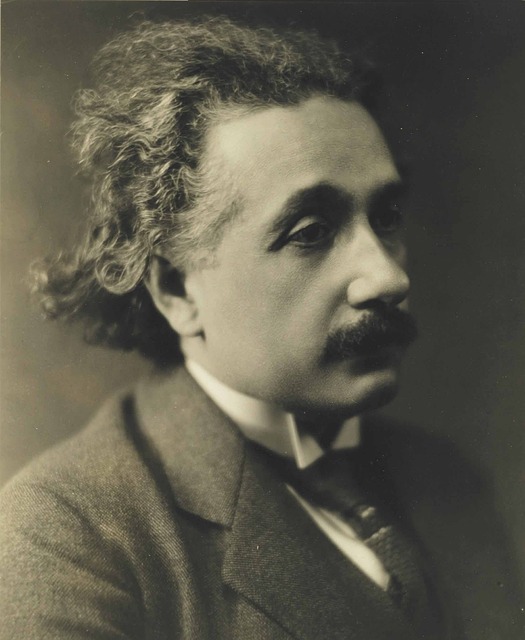Albert Einstein is widely recognized as one of the most brilliant and influential scientists in history. Born in Ulm, Germany in 1879, Einstein is best known for his theory of relativity, which revolutionized our understanding of space and time, and his famous equation, E=mc^2, which demonstrates the relationship between mass and energy.

Albert Einstein’s Life
Albert Einstein was a German-born physicist who is widely regarded as one of the most influential scientists of the 20th century. He is best known for his theories of relativity and for his contributions to the development of quantum mechanics. Here is a brief overview of Einstein’s life and work, as well as his contributions to society:
Early Life and Education
Albert Einstein was born in Ulm, Germany in 1879. His father was an engineer and his mother was a musician. Einstein showed an early interest in science and mathematics, but he struggled in school and eventually dropped out at the age of 16. He later moved to Switzerland and enrolled in the Swiss Federal Institute of Technology in Zurich, where he earned a degree in physics.
Contributions of Einstein to the society
Einstein’s groundbreaking research had a deep influence on our comprehension of the universe, and was instrumental in molding modern physics. His pioneering work on relativity, in conjunction with his contributions to the evolution of quantum mechanics, laid the foundation for numerous technological breakthroughs that we presently rely on, including nuclear power and modern electronics. In addition to his achievements in relativity, Einstein also made significant strides in the domains of quantum theory, statistical mechanics, and the study of light’s nature. Furthermore, he was a vocal proponent of world peace and civil rights, and his name has come to be synonymous with brilliance and originality.
Einstein and His Passion for Music
Despite his many accomplishments, Einstein was also known for his quirky personality and his love of music and science. He was a lifelong pacifist and a vocal critic of nuclear weapons, and he famously said, “I know not with what weapons World War III will be fought, but World War IV will be fought with sticks and stones.”

Beside of his theories and inventions, Einstein was also a talented musician and played the violin. He was also known for his sense of humor and his love of puzzles and riddles.
Einstein received numerous awards and accolades throughout his career, including the Nobel Prize in Physics in 1921. He died in 1955, but his legacy lives on through his groundbreaking discoveries and his enduring influence on the field of physics.
Later Life and Legacy
In his later years, Einstein continued to work on theoretical physics and became an outspoken advocate for peace and disarmament. He also became a public figure and was widely regarded as a symbol of scientific genius. Einstein died in 1955 at the age of 76, but his work continues to influence physics and society to this day.
Einstein’s Relativity Theory
Einstein’s theory of relativity fundamentally changed the way that we understand space and time. His theory proposed that the laws of physics are the same for all observers, regardless of their relative motion. This means that time and space are not absolute but are instead relative to the observer’s frame of reference. The theory of relativity has been confirmed by numerous experiments and is considered one of the most successful theories in physics.

Einstein and the Quantum
Einstein was also a pioneer in the field of quantum mechanics, which is the study of the behavior of particles at the atomic and subatomic level. Einstein’s work on quantum theory challenged some of the fundamental assumptions of the theory, and he famously said that “God does not play dice with the universe.” Despite his skepticism, quantum mechanics has been incredibly successful in explaining the behavior of particles at the atomic and subatomic level.

Despite his fame and success, Einstein remained humble and dedicated to his work. He once said, “The most incomprehensible thing about the universe is that it is comprehensible.” This curiosity and passion for understanding the world around us is what made Einstein one of the most important and influential figures in the history of science.
FAQ
What are 3 things Albert Einstein best known for?
Albert Einstein is best known for his theory of relativity, his famous equation E=mc^2, and his work on the photoelectric effect.
What did Einstein discover?
Einstein made many important discoveries in his lifetime, including the theory of relativity, which introduced the concept of spacetime and revolutionized our understanding of the universe. He also made significant contributions to the development of the atomic bomb and worked on developing a unified field theory.
Why was Albert Einstein so smart?
Einstein’s brain had some unique characteristics that may have contributed to his intelligence. For example, some areas of his brain were thicker than average, which could have indicated a stronger connection between the two hemispheres. These unique features could be part of the reason why Einstein was so smart. Moreover, there are many factors that may have contributed to Einstein’s intelligence, including his innate curiosity, his strong work ethic, and his ability to think abstractly and creatively.
What is Einstein IQ?
It is not clear what Einstein’s IQ was, as no reliable records exist. In any case, IQ is not the only measure of intelligence and Einstein’s contributions to science cannot be solely attributed to his IQ.
What is the theory of relativity?
The theory of relativity is a theory developed by Einstein that explains the nature of space and time. It consists of two parts: the special theory of relativity, which explains how space and time are affected by motion, and the general theory of relativity, which explains how space and time are affected by gravity.
What did Einstein receive the Nobel Prize for?
Einstein received the Nobel Prize in Physics in 1921 for his discovery of the law of the photoelectric effect, which explained how light can be absorbed and emitted by matter. This discovery was an important step in the development of quantum mechanics.
What is the equation E=mc^2?
E=mc^2 is an equation developed by Einstein that relates energy and mass. The equation states that energy (E) is equal to the mass (m) of an object multiplied by the speed of light (c) squared. This equation demonstrates that energy and mass are interchangeable, and that energy can be released from matter under certain circumstances. The equation is also known as the mass-energy equivalence formula.

